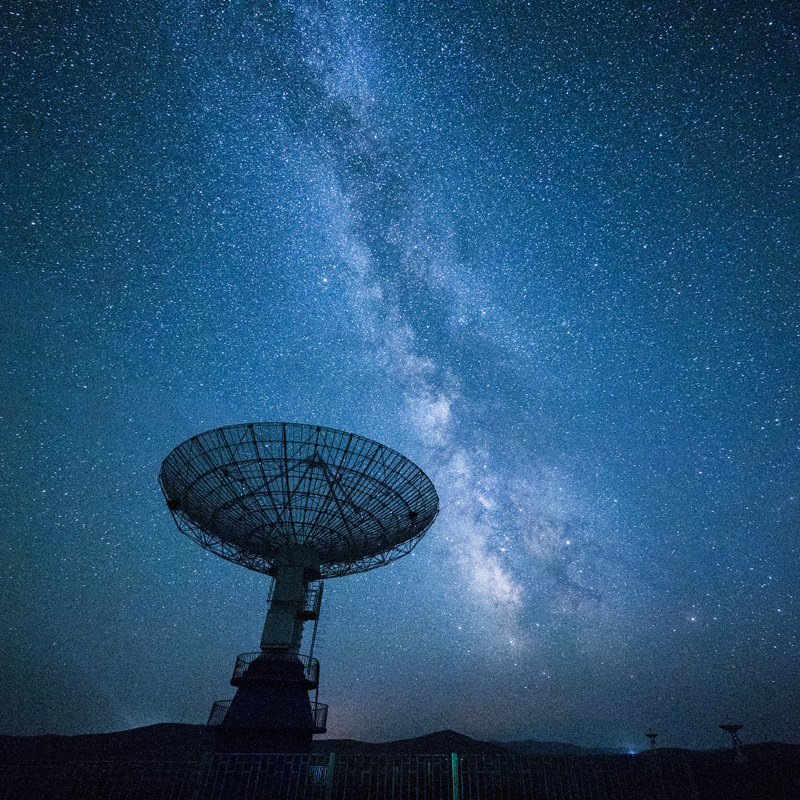Read more about the World Science Forum (WSF).

If science has a key role in shaping our response to the pressing global questions of the 21st century, then how should we attempt to coordinate it?
The World Science Forum (WSF) is a biennial event organised by the Hungarian Academy of Sciences, UNESCO, the International Council for Science (ICSU), and the American Association for the Advancement of Science (AAAS), that attempts to provide at least part of that coordination, at the science-policy interface. As that list of acronyms begins to indicate, it is not a simple task.
Meeting in Budapest for three days, 900 attendees from over 100 countries soaked up and reflected on that challenge of coordination, and the particular global events that make 2015 stand out as a year in which those science policy questions became both better focussed and more pressing. The three global events in question are, of course, the release of the UN’s Sustainable Development Goals – a suite of 17 interlocking challenges that set out an ambitious global vision of a better world. Secondly, the Sendai Framework for Disaster Risk Reduction, and thirdly the UN Conference on Climate Change in Paris, COP21.
Of the 900 attendees at WSF, around 50 were ‘young scientists’ invited to participant in a joint session organised by the Global Young Academy, the World Association of Young Scientists (WAYS), the International Consortium of Research Staff Associations (ICoRSA) and the InterAcademy Partnership (IAP). The results of this whirlwind joint session were then filtered in to the main sessions of the WSF programme that followed, a subtle strategy of promoting a younger and notably more diverse strand of speakers. It would be reassuring to think that this infiltration process might result in more overt contributions from early career scientists in the next WSF, to be held in Jordan in 2017. More pointedly, the young scientist cohort are very likely still to be active scientists and policy specialists in 2030, and even 2050, at which points so many global ambitions currently heralded by global organisations will actually be tested and evaluated.
As well as taking home a stack of business cards and a much deeper appreciation of the global scientific endeavour, a couple of messages resonated particularly with me over the course of the forum, and in the remainder of this post I’ll use them to try to give a flavour of the event.
The WSF theme this year was ‘the enabling power of science’. Science enables diplomacy, for a start: easing political tension both through providing diplomatic opportunities for governance of international spaces and projects (e.g. the International Space Station) but also providing parallel tracks when politically-based discussions are difficult, as with the Iranian nuclear programme. And there is no shortage of diplomatic need, as the speech by the Prime Minister of Hungary, Viktor Orban, reminded us, in his references to the current migration crisis.
In terms of the relation between science and policy, perhaps instead of ‘evidence-based policy’ we should speak of ‘evidence-enabled policy’, or ‘evidence-informed policy’ (a term coined by Peter Gluckman FRS). The final WSF session, held in the Hungarian parliament building, included contributions from politicians reflecting on how science should, and should not, attempt to engage with policy makers. Naledi Pandor (Minister for Science and Technology, South Africa) asked scientists to show some humility when their advice is not acted on as policy formulation demands consideration also of societal acceptability, culture and values. ‘Do not attempt to give policy advice from above’ warned Rush Holt (CEO, AAAS), but ‘help politicians understand the source of the enabling power of science – the evidence, and impart a reverence for evidence in the policy maker’. To me, a ‘reverence for evidence’ sounds pretty close to ‘nullius in verba’.
And what of the evidence base? Jacqueline McGlade (Chief Scientist, United Nations Environment Programme) highlighted the need to produce and use truly definitive statistics, on quantities from GDP to the amount of land area covered by forests, and for data to become more ‘spatially savvy’. In a similar vein, the presentation by Geoffrey Boulton FRS pointed out recent research showing an astonishing lack of reproducibility in research findings themselves, and the need for datasets to be ‘intelligently open data’: not just the data itself, but the metadata, and the software used for data processing, need to be accessible before a dataset can be considered to be truly Open Data.
For a final word, I can’t do better than to quote the Hungarian President Janos Ader in his Presidential Address: ‘Part of the responsibility of science is to speak loudly enough. Politicians must open the gate as far as possible to allow science to speak. Our time is finite, our tasks are numerous, and our responsibility is non-transferable.’
I am very grateful for the support provided by the Royal Society that enabled my attendance.
